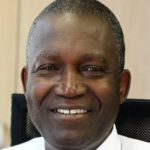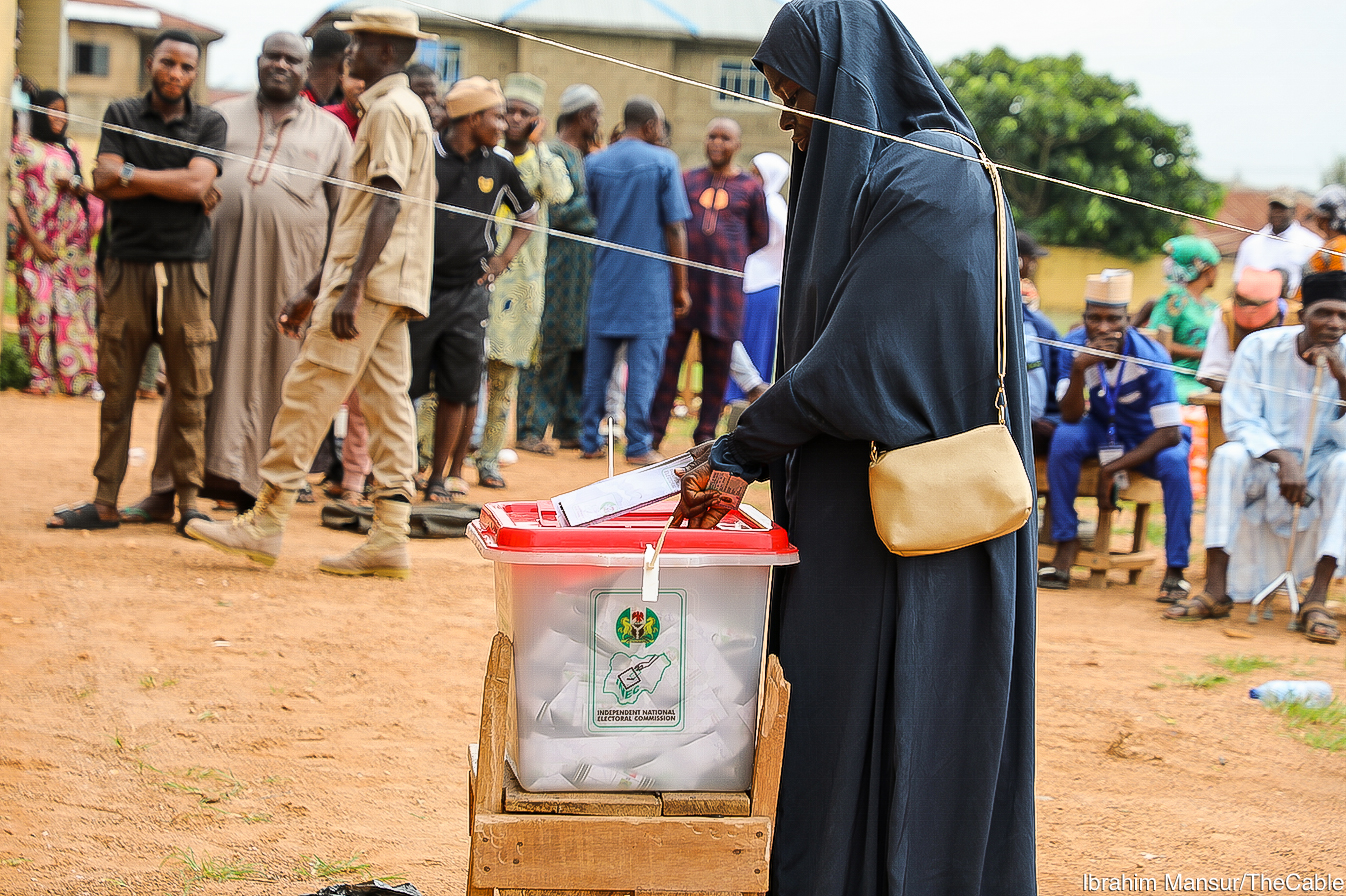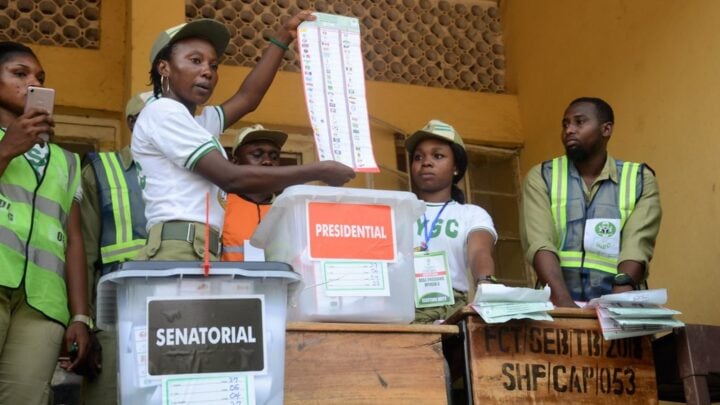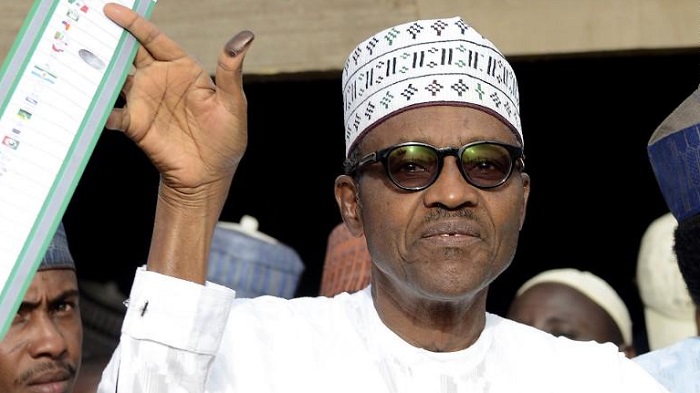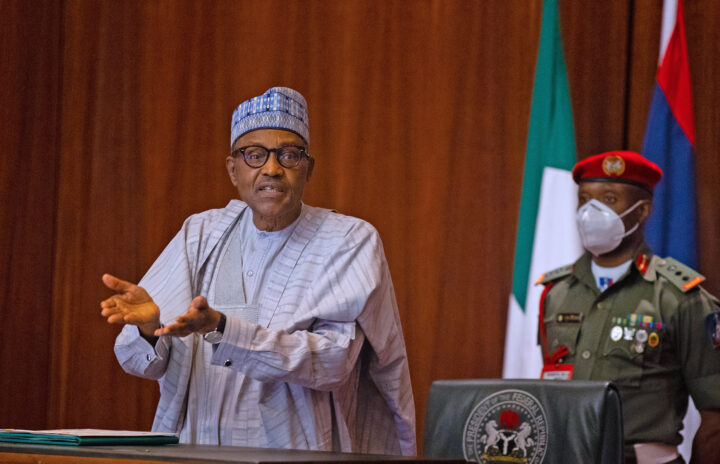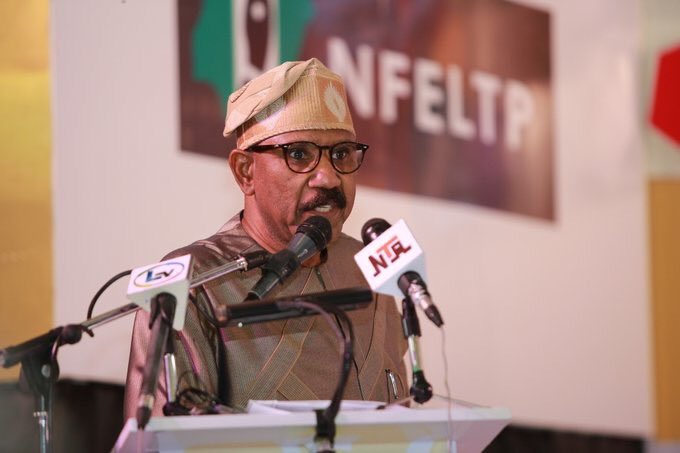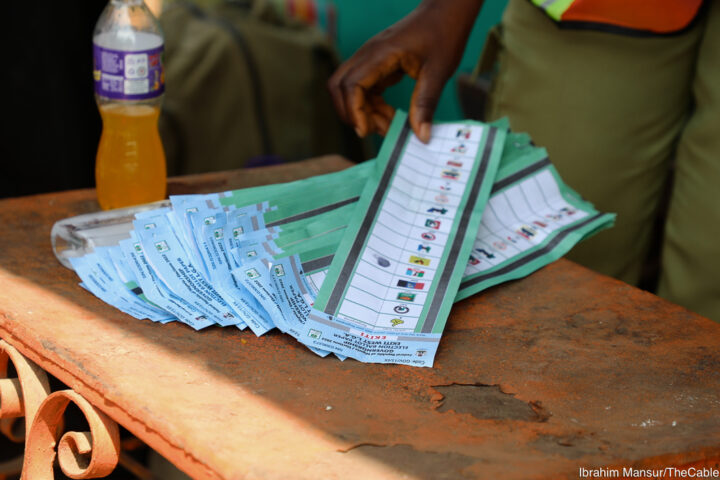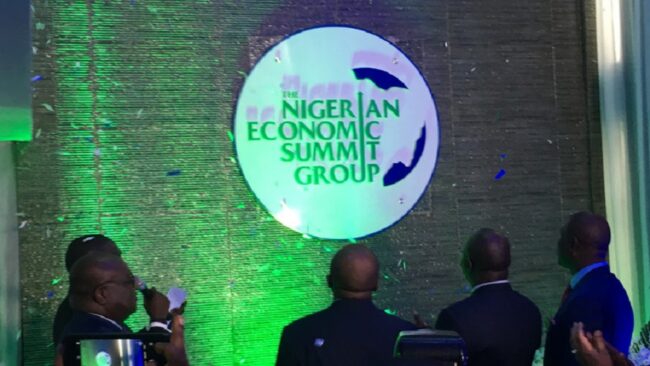In a few days, voting will begin for the new president and vice-president, governors, senators and members of the houses of representatives and assembly in Nigeria. About 15,000 candidates will contest the numerous offices.
Elections in Nigeria have many characteristics which are defined by the nature of the political life, electoral campaigns and voting. Since 1999 when the new democratic dispensation started, each election has brought along some peculiarities and the four-year election cycle for the president and others shows the most striking trend or evolution of a new direction. This article will look at some distinguishing features of the campaigns and preparation for the elections of 2023.
It is the first since 2003 that the name of President Muhammadu Buhari will not be on the ballot as a candidate for the office of the president. He contested the five preceding elections and won in the last two of them.
It is the first election since 1999 that the four leading contestants are billionaires. All Progressives Congress (APC) party’s Bola Tinubu, Labour Party’s Peter Obi, Rabiu Kwankwanso of New Nigeria Peoples Party (NPP) and Atiku Abubakar of Peoples Democratic Party (PDP) are listed variously as politicians, businessmen, wealthy and billionaires.
Advertisement
Two presidential candidates, Atiku Abubakar and Omoyele Sowore of African Action Congress, have run previously two times as presidential contestants but did not win the elections. Abubakar has run as well in numerous party primaries to qualify as a candidate for different parties. Sowore, an anti-establishment voice and untypical politician, has been able to gain national attention despite very limited resources and many odds.
It is the first election where a presidential candidate, Peter Obi, emerged from a relatively small, hitherto inconsequential party to constitute a national movement in a short time. The movement of a motley group of people comprising disenchanted voters, angry young people, and sectional groups who feel alienated, among others, is impacting on campaigns and will affect election outcomes.
There is no basis for comparison yet but it would appear that this election season has witnessed extensive arson on assets of the Independent National Electoral Commission (INEC), and perhaps most destruction of INEC facilities of any previous elections.
Advertisement
Just ahead of the elections, INEC’s arbitration and capability as umpire were put in question by the Osun state elections petitions tribunal ruling of January 27, 2023, on the Ademola Adeleke and Adegboyega Oyetola dispute on the winner of the Osun state gubernatorial election of July 16, 2022. INEC, according to reports on the judgment, appeared to have presented two different results of the election figures from INEC’s Bimodal Voter Accreditation System (BVAS) machines to Adeleke and Oyetola.
INEC’s BVAS can read permanent voters cards (PVCs) and authenticate voters using the voters’ fingerprints and will be used nationwide for the first time to decrease election malpractices.
As elections approach, propaganda is used more heavily to misinform and mislead people. Through the advancement of technology, fake news propagation has become easier. Very few skills are required to manipulate audio and video settings – change images, voices, and appearances of people and mislead even the most vigilant. Party supporters have devotees who use social media to spread wrong and biased information.
Parties and politicians hire experts who are adept at using fake news and combatting fake news, and also at manipulating information to achieve their objectives. There are about 170 million mobile phone subscriptions in Nigeria. Among the country’s population of about 220 million, most Nigerians can be reached by phone and some 90 million people access the internet using mobile smartphones. WhatsApp is the number one social media access to information followed by Facebook in the country. The influence of social media is huge and will continue to grow.
Advertisement
The media has played its traditional role. With the inherent biases of the newspaper. television and radio organisations in mind, one can better comprehend how they may slant their reports. Government-owned media will claim to be more objective than privately-owned media, but such a distinction has to be checked with their practice. Some outstanding professional journalists have emerged from the coverage, interviews and reporting carried out. The line is blurred on the separation of social media from traditional media as almost all traditional media organisations also have an online presence.
There have been reports of polling reportedly done by reputable pollsters. From previous political campaigns, reliable expectations of actual election outcomes from polling are tenuous. In one of the most disappointing polling known, most polling in the USA projected that Hillary Clinton would win by as much as 70% to 90% in the 2016 presidential election against Donald Trump. The convincing projected victory did not happen and Clinton lost.
There has been unprecedented demand for security support from both government and private agencies. About 15,000 candidates for the elections will rely on various levels of security support. The total number of polling booths is 176,606 after 240 polling booths were dropped from the initial number. INEC has said that it would deploy over 500,000 security agents to service its activities. Given the general state of insecurity in the country, there will continue to be a lot of security work needed.
Printing of posters, flyers, and information documents has increased during this period. Transportation of candidates and their supporters is important. Organising rallies and events require the use of equipment and workers. Consumption of food and drinks is very important for crowds. Gifts are packaged and handed out and mementoes are distributed to supporters. These functions and many others engage macro, small and medium-scale enterprises (MSMEs) around the campaign and electoral processes. Whether the volume of transactions involved does compensate for the MSMEs that are hindered from their normal business during the period is not known.
Advertisement
A major highlight of the current electioneering is the new policy of the Central Bank of Nigeria (CBN) to redesign the currency and enforce currency swaps under strict deadlines. No matter the good intentions of the policy, its implementation has caused massive disruption of the economy at all levels. The policy has negatively affected especially small business owners who rely on cash transactions. It has reduced the movement of persons and the flow of transactions in all parts of the country.
As a result of the policy, protests and arson against private and public facilities have started and are continuing in many places. Planning for private and official activities has been curtailed or stopped. As usual with major official policy changes that are hardly ever properly analysed and understood before implementation, the CBN action has sorely made life difficult for ordinary people. The poor have been more impoverished and carry heavier social and economic burdens.
Advertisement
The anger and deprivation will affect the elections in ways that will be seen later on. It is not an exaggeration to say that no previous financial or economic policy has had such a disruptive effect on any election since Nigeria’s independence in 1960. The extent of its negative effects at this time has been more visible than the positive expectations, and only time can show whether the policy is beneficial in certain ways.
Makinwa is the CEO of AUNIQUEI Communication for Leadership
Advertisement
Views expressed by contributors are strictly personal and not of TheCable.
Add a comment
